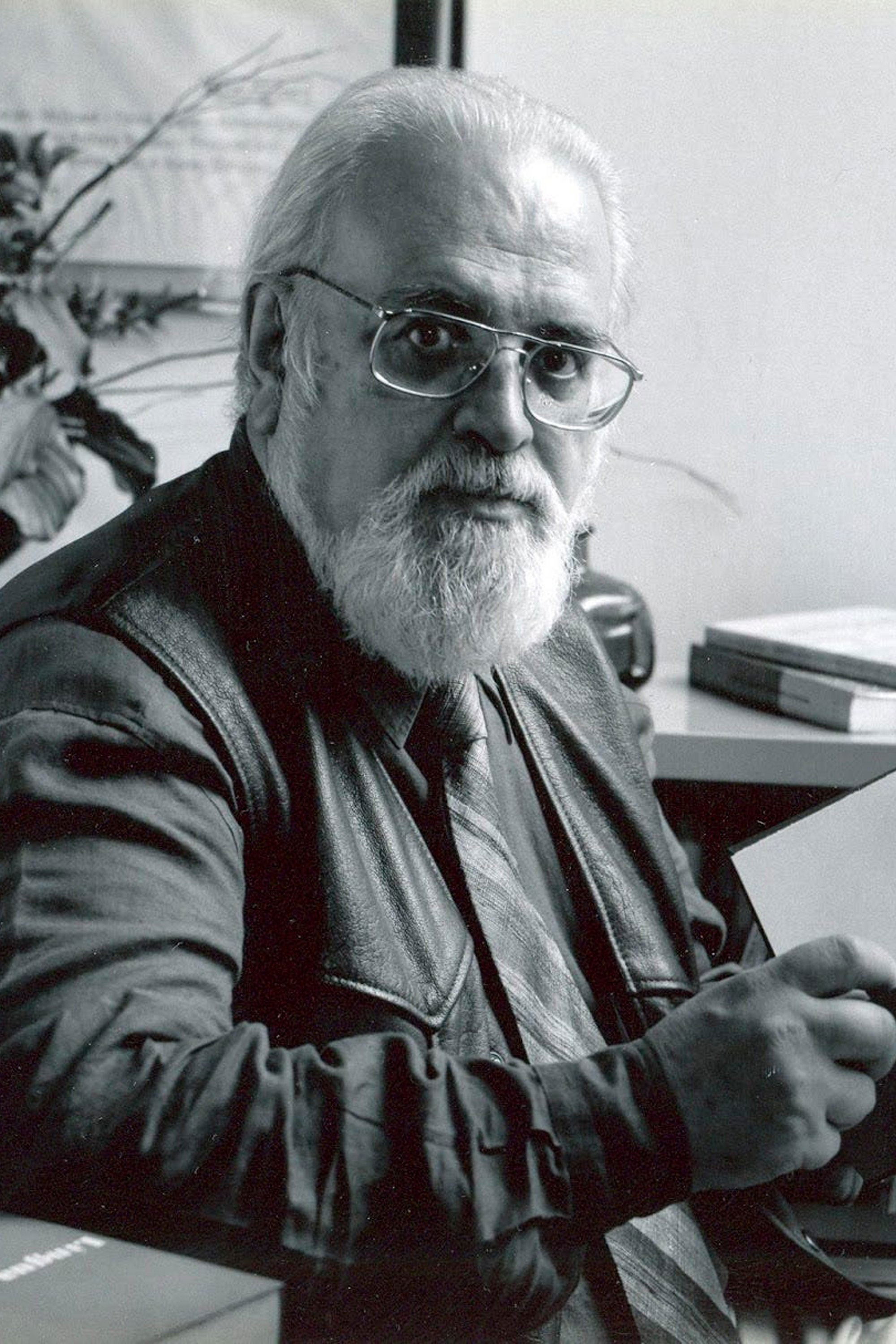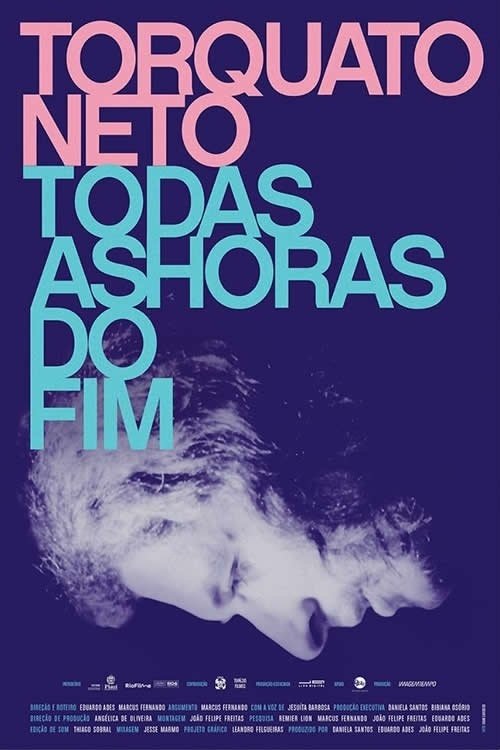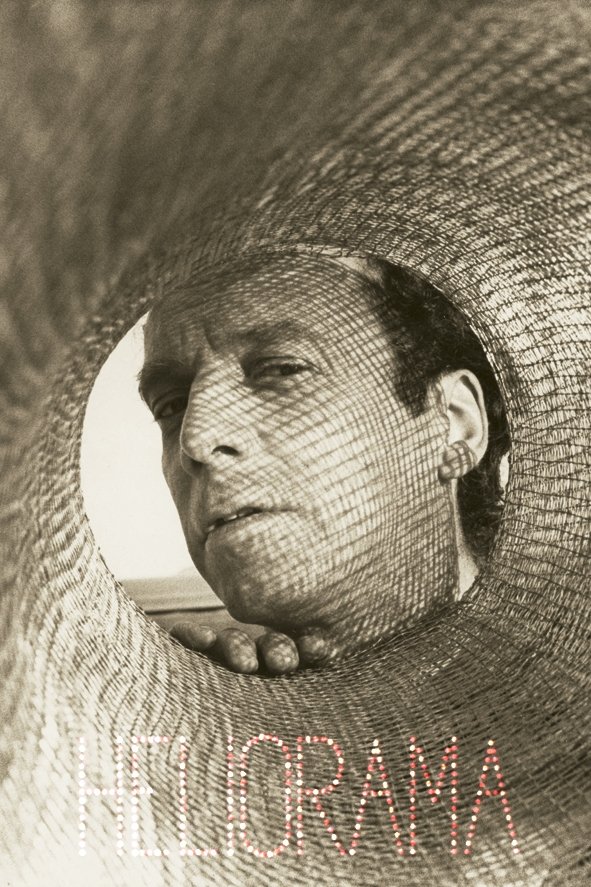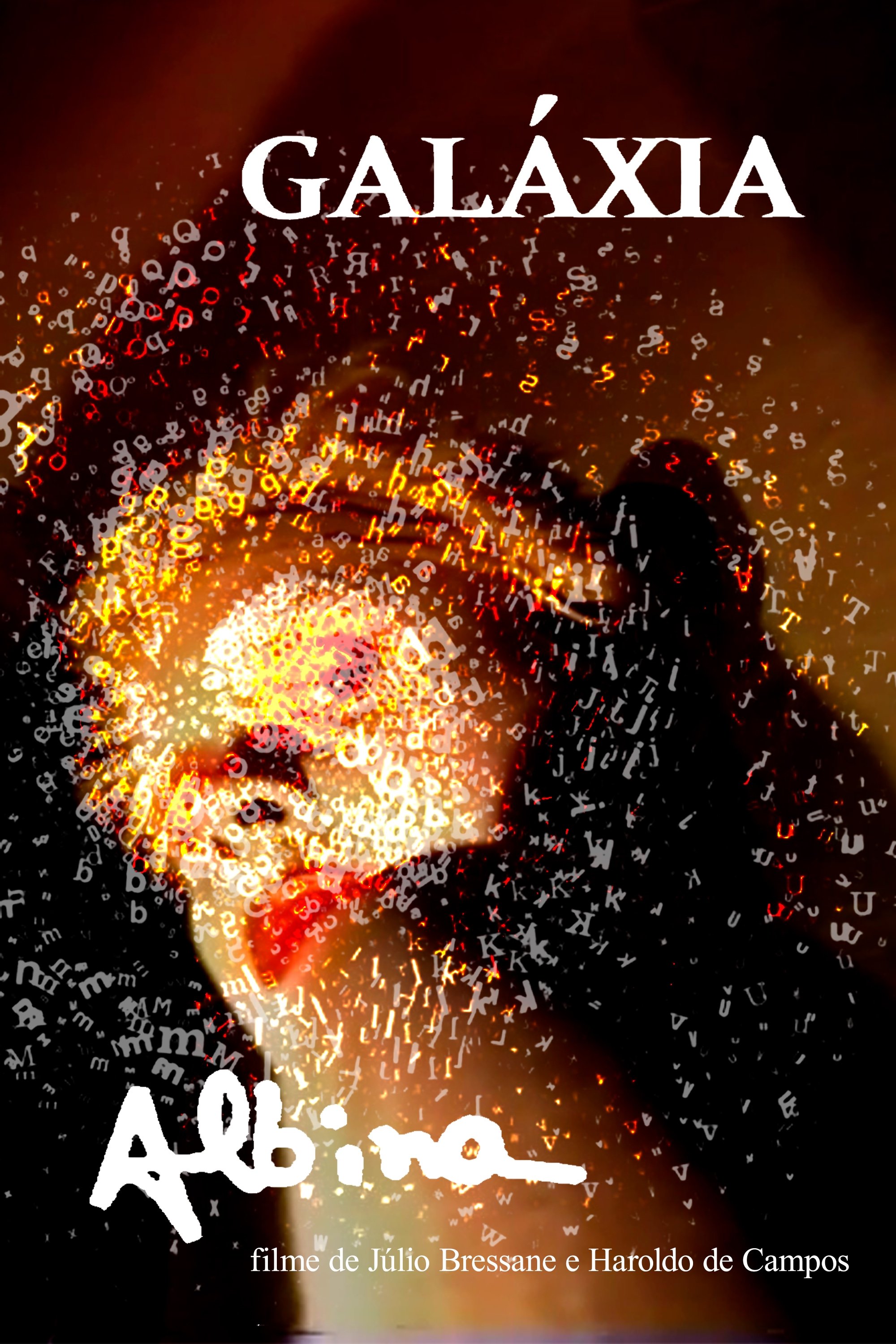

From his origins as a poet to his success as a singer and composer, Arnaldo Antunes revisits the most remarkable moments of his career.

The story of Brazilian poet Torquato Neto, who lived passionately through fracturous times and worked in several fields, including music, journalism, and cinema. He was an active participant in the revolution of Tropicália and marginal art, which changed the course of Brazilian culture in the 1960s and 1970s, until he committed suicide on his 28th birthday.

Compilation of early Ivan Cardoso's films in Super 8, including "Nosferato no Brasil (Nosferato in Brazil)"

A collage of newsreels, trailers, clips and other visionary and unseen fragments of sight and sound regarding the late plastic artist Helio Oititica.

A liberal interpretation of the book Galáxias, one of the most important works by the great contemporary Brazilian poet Haroldo de Campos, written between 1963 and 1976 and published in 1986. Bressane considers this work of poetry the Portuguese Finnegan's Wake. The video is a disorganized system of images: an exploration of colors, quotes and sudden inspirations created by the words. A sequence of epiphanies, rigorous in their images. The films cited act as cinematographic scenery, conferring a sense of drama to the movements of the actresses and the readings of the poems.
Haroldo Eurico Browne de Campos (São Paulo, August 19, 1929 - São Paulo, August 16, 2003) was a Brazilian baroque poet and translator. Haroldo studied at Colégio São Bento, where he learned his first foreign languages, such as Latin, English, Spanish and French. He entered the Faculty of Law at the University of São Paulo at the end of the 1940s and released his first book, O Auto do Possesso, in 1949, when he took part in the Poetry Club alongside Décio Pignatari. In 1952, Décio, Haroldo and his brother Augusto de Campos broke with the Club because they disagreed with the prevailing conservatism among the poets, known as the “Generation of '45”. They then founded the Noigandres group and began publishing poems in the group's magazine, with the same title. In the following years, he defended the theses that would lead the three of them to inaugurate, in 1956, the concretist movement, to which he remained faithful until 1963, when he inaugurated a particular path, focusing his attention on the project of the book-poem “Galáxias”. Description above from the Wikipedia article Haroldo de Campos licensed under CC-BY-SA, full list of contributors on Wikipedia.
By browsing this website, you accept our cookies policy.